Manuel García-Herranz
Towards an Open Global Air Quality Monitoring Platform to Assess Children's Exposure to Air Pollutants in the Light of COVID-19 Lockdowns
Mar 17, 2021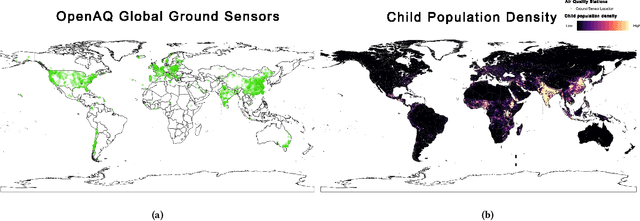

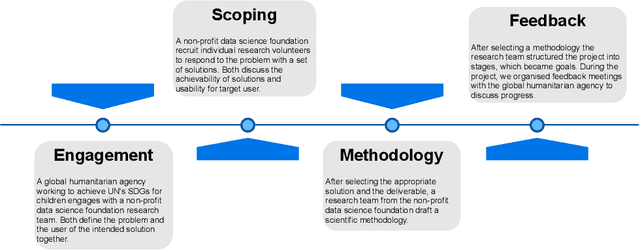
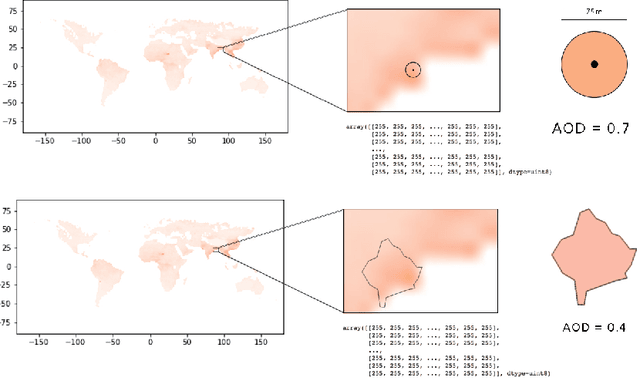
Abstract:This ongoing work attempts to understand and address the requirements of UNICEF, a leading organization working in children's welfare, where they aim to tackle the problem of air quality for children at a global level. We are motivated by the lack of a proper model to account for heavily fluctuating air quality levels across the world in the wake of the COVID-19 pandemic, leading to uncertainty among public health professionals on the exact levels of children's exposure to air pollutants. We create an initial model as per the agency's requirement to generate insights through a combination of virtual meetups and online presentations. Our research team comprised of UNICEF's researchers and a group of volunteer data scientists. The presentations were delivered to a number of scientists and domain experts from UNICEF and community champions working with open data. We highlight their feedback and possible avenues to develop this research further.
Twitter as a Source of Global Mobility Patterns for Social Good
Jun 20, 2016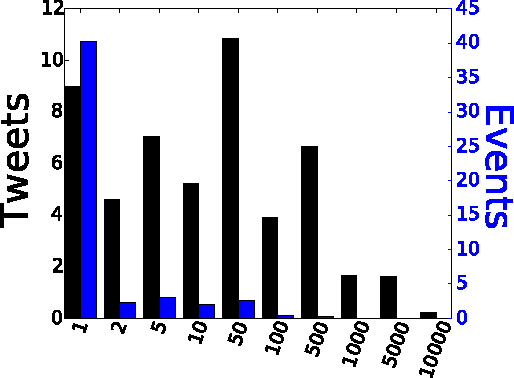
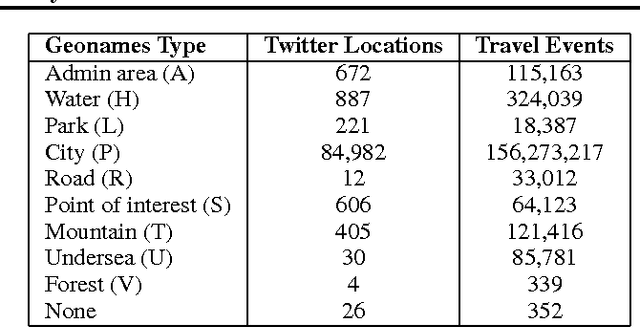

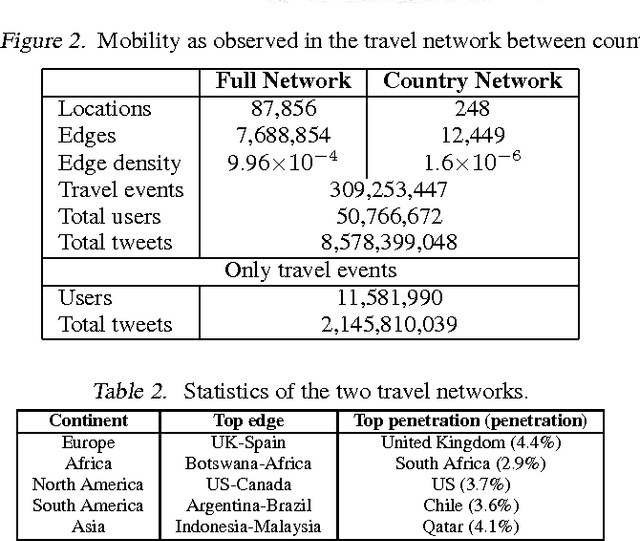
Abstract:Data on human spatial distribution and movement is essential for understanding and analyzing social systems. However existing sources for this data are lacking in various ways; difficult to access, biased, have poor geographical or temporal resolution, or are significantly delayed. In this paper, we describe how geolocation data from Twitter can be used to estimate global mobility patterns and address these shortcomings. These findings will inform how this novel data source can be harnessed to address humanitarian and development efforts.
 Add to Chrome
Add to Chrome Add to Firefox
Add to Firefox Add to Edge
Add to Edge